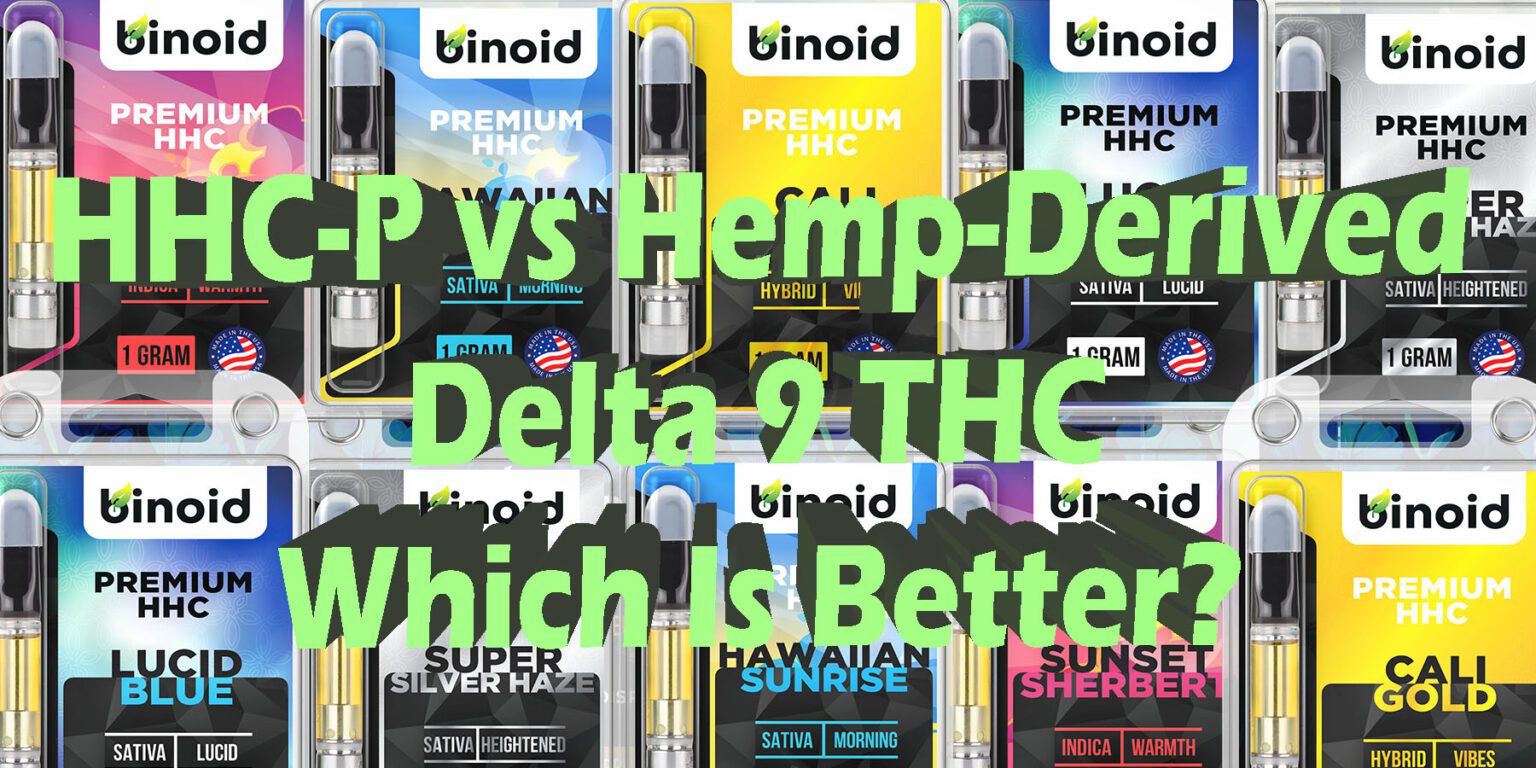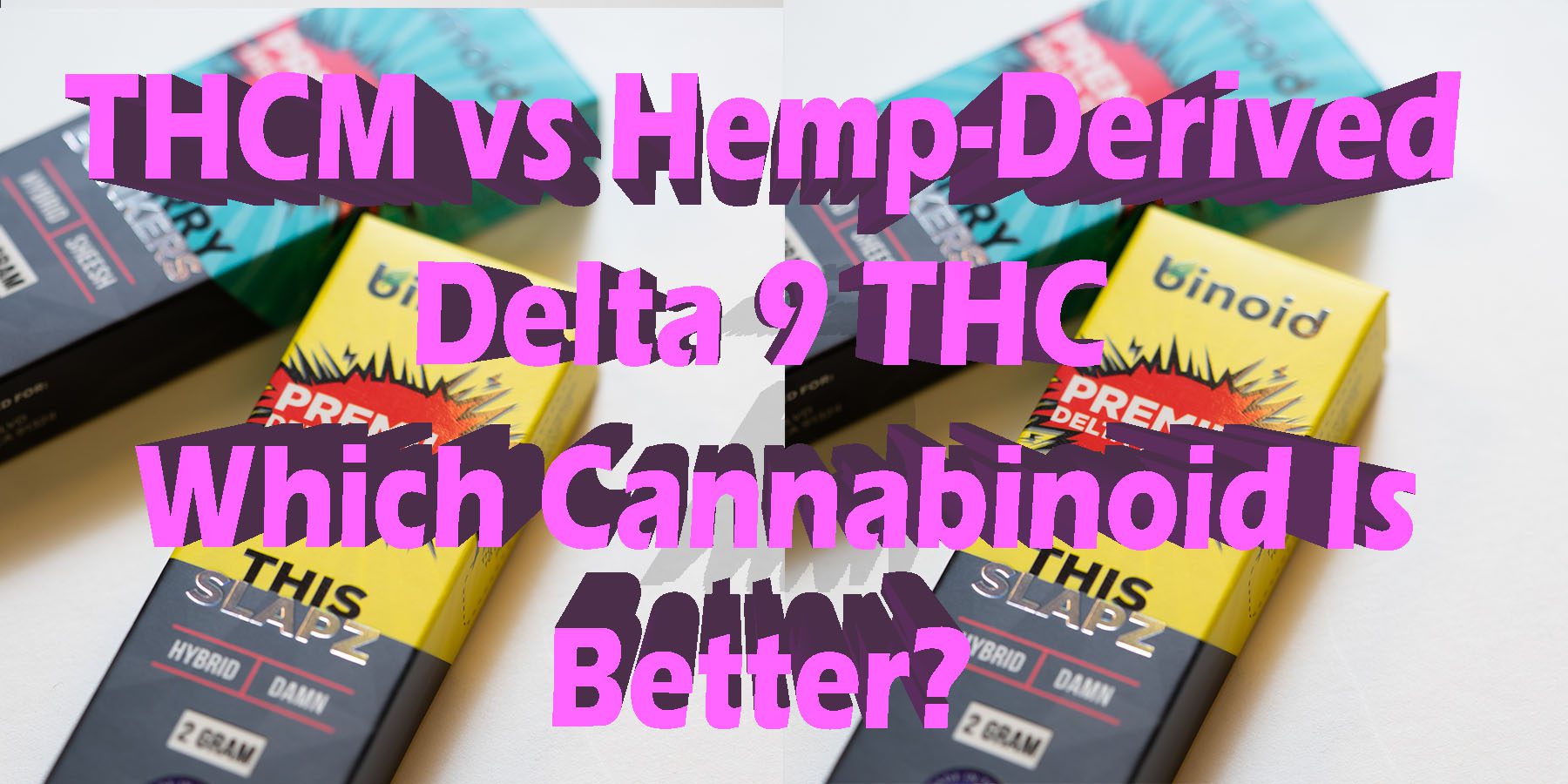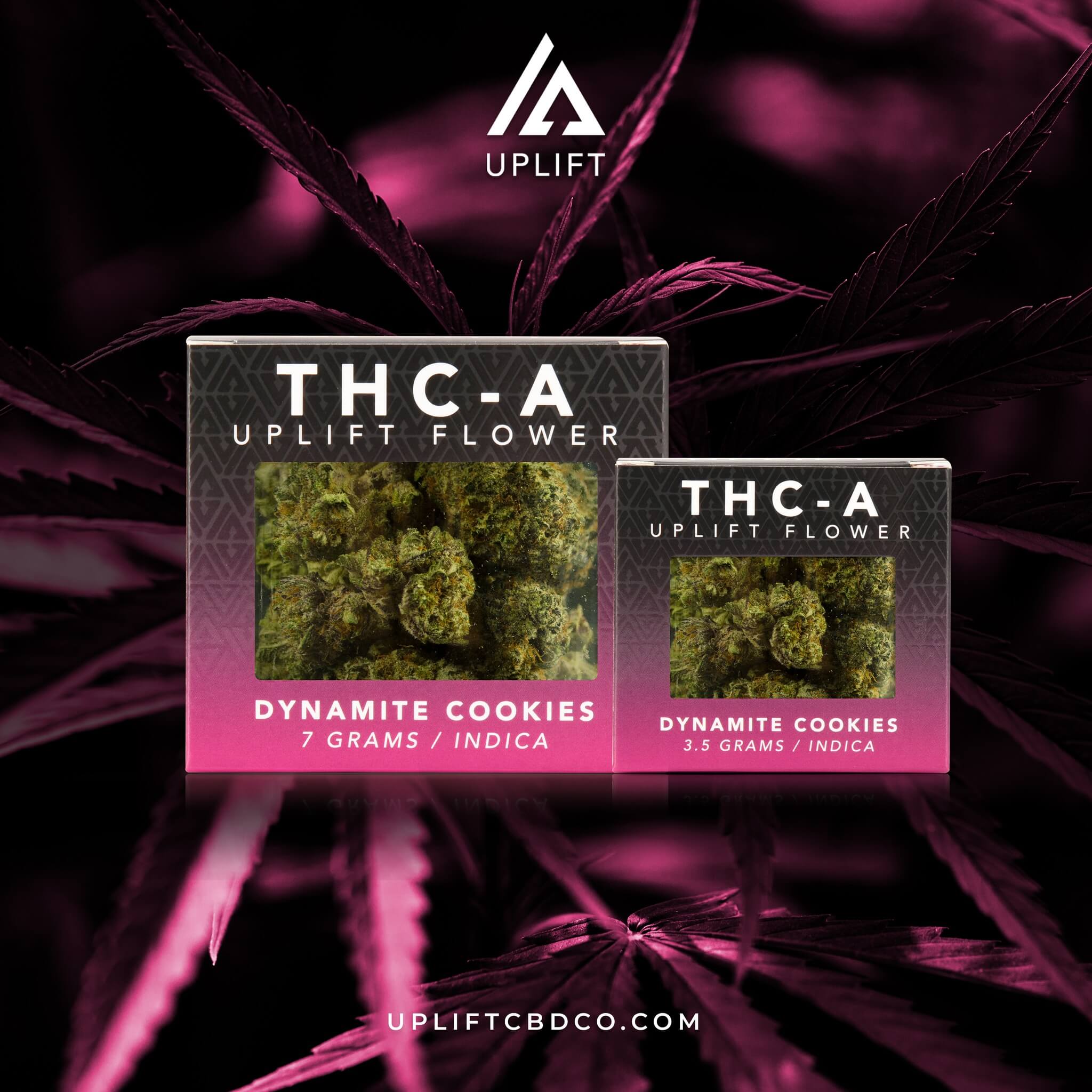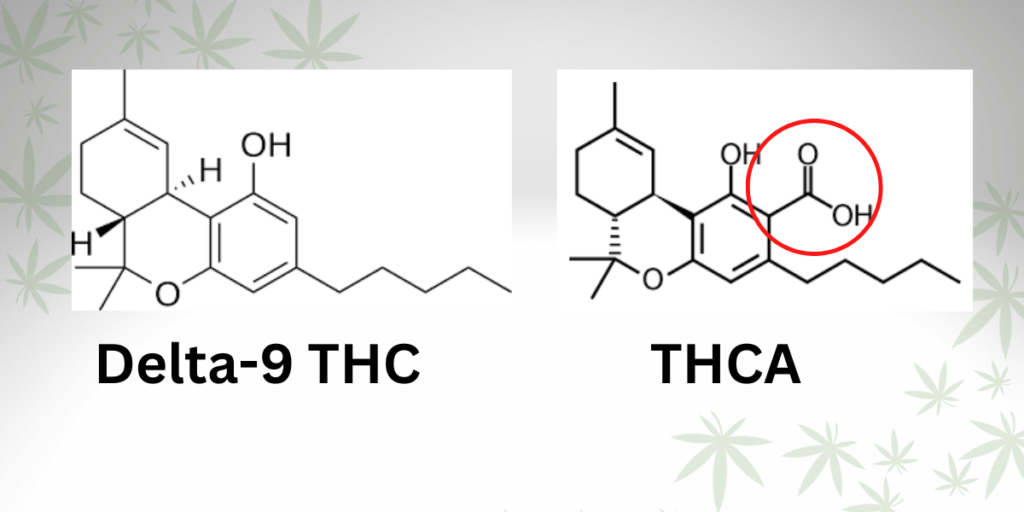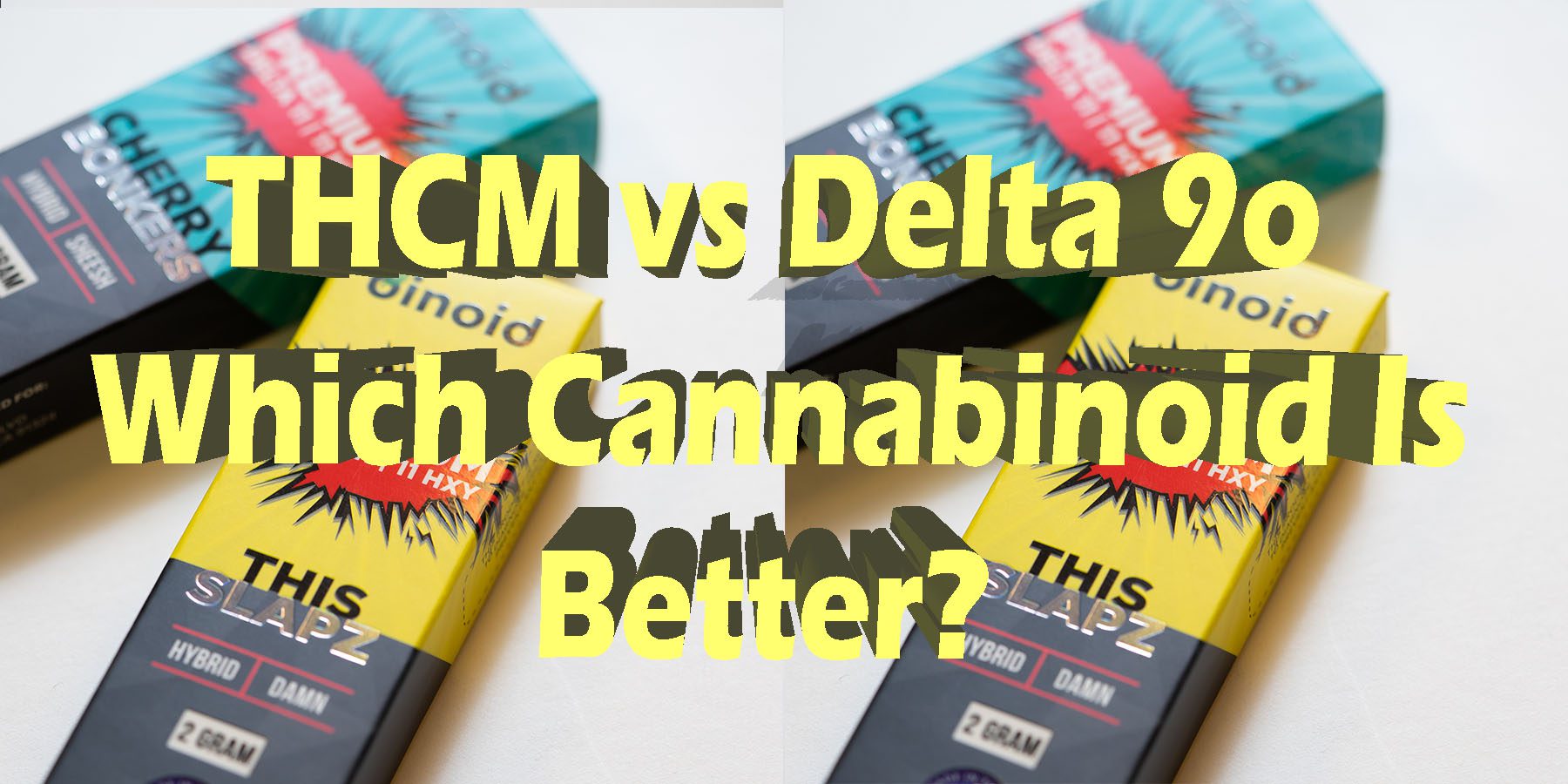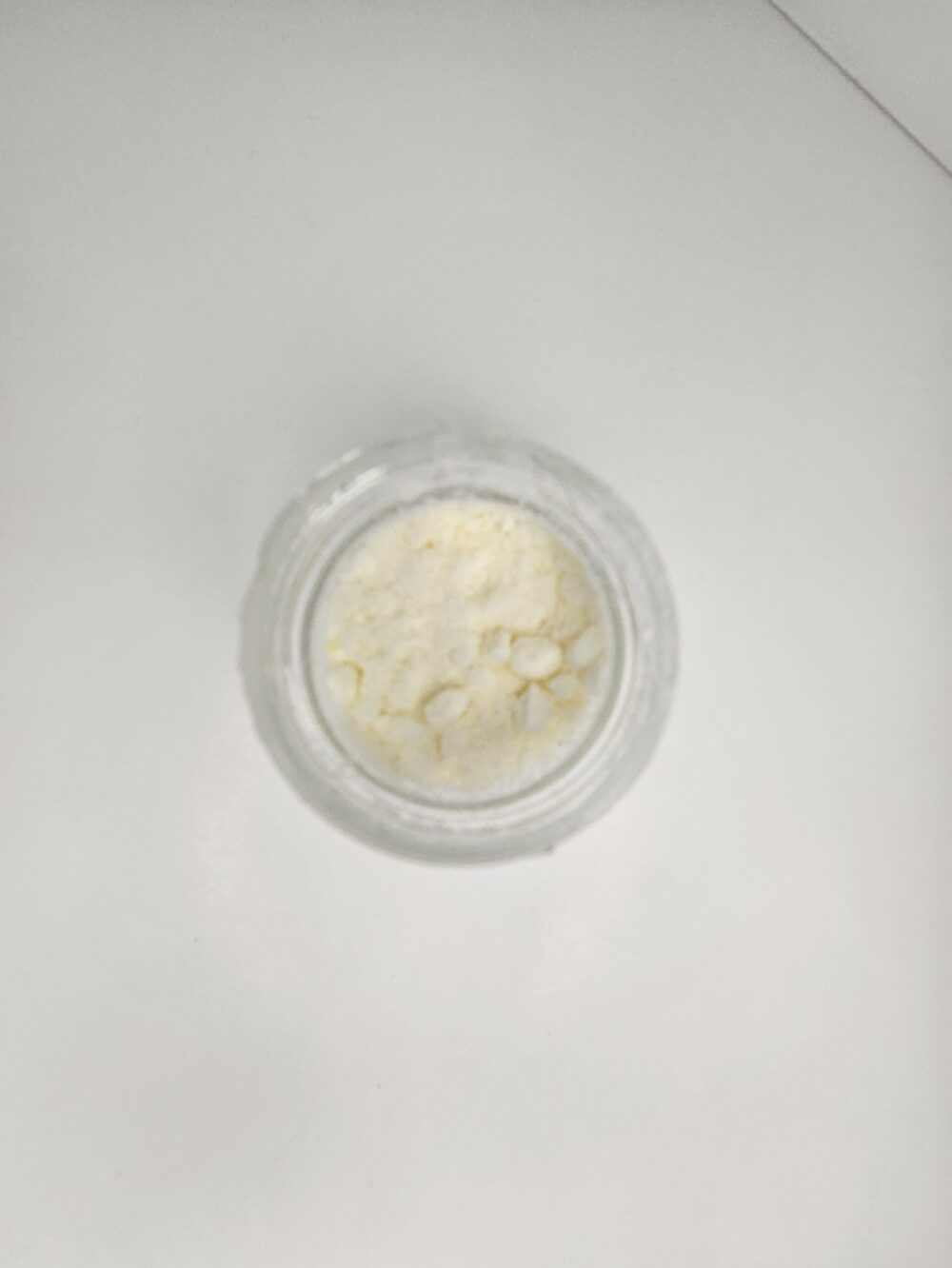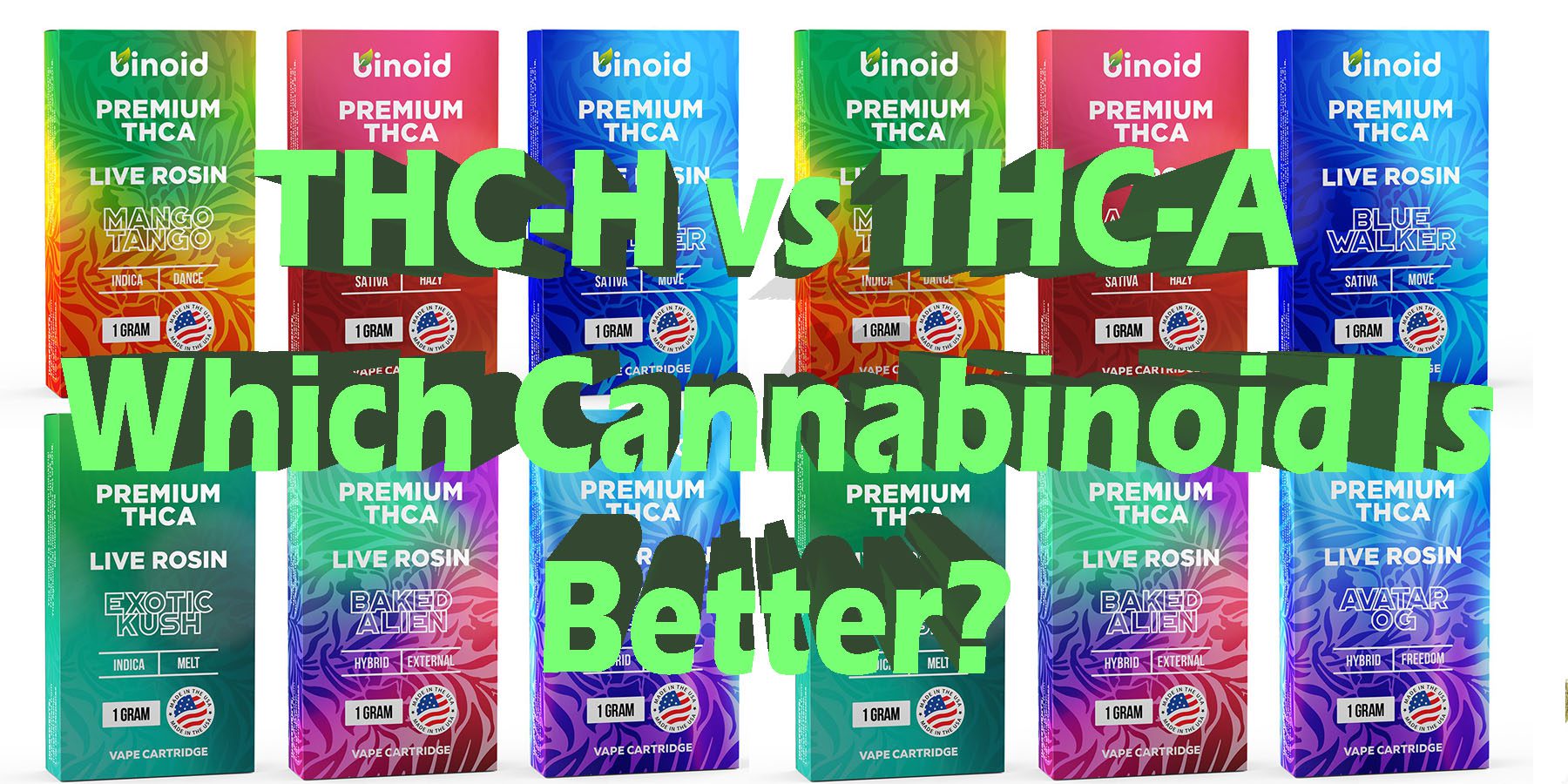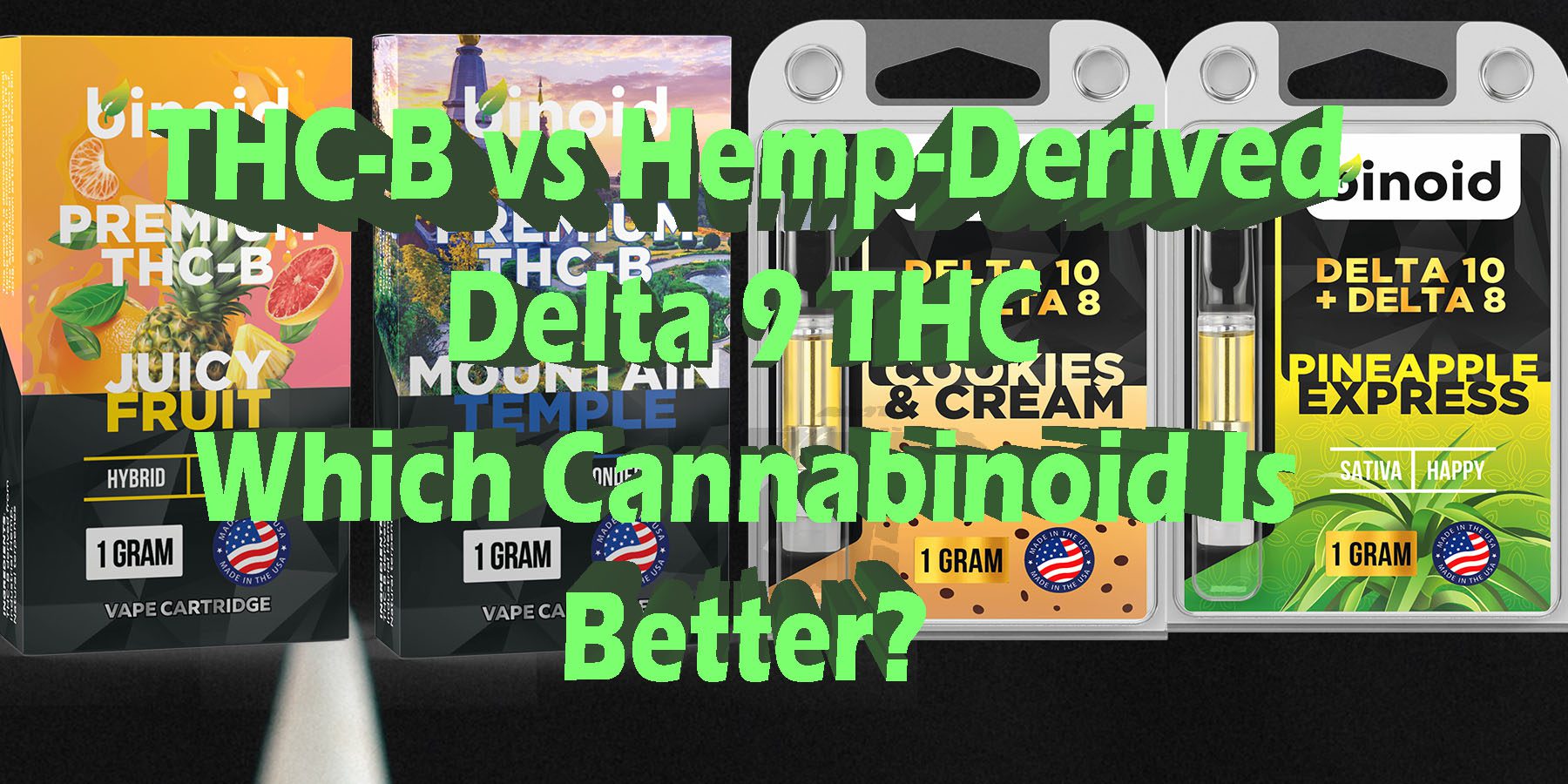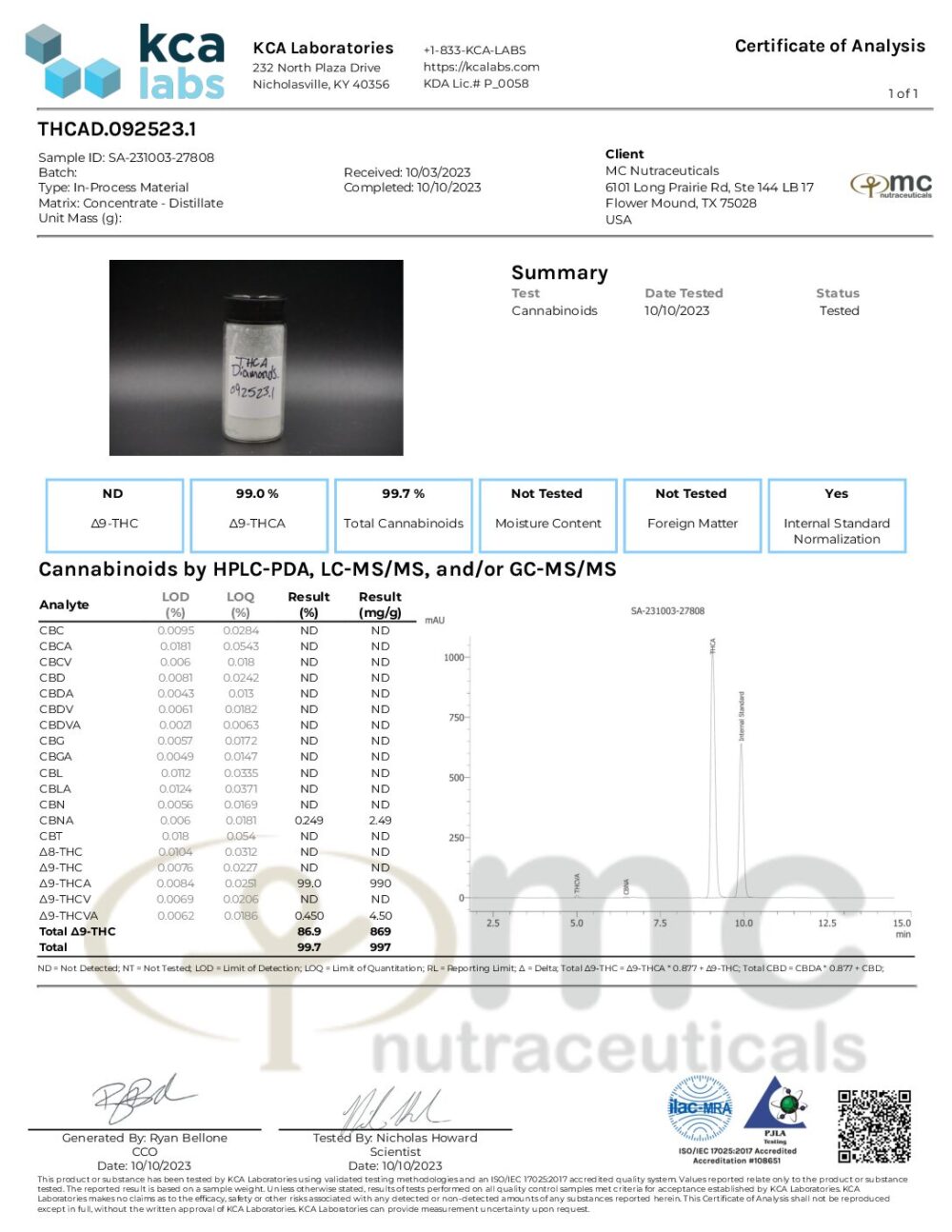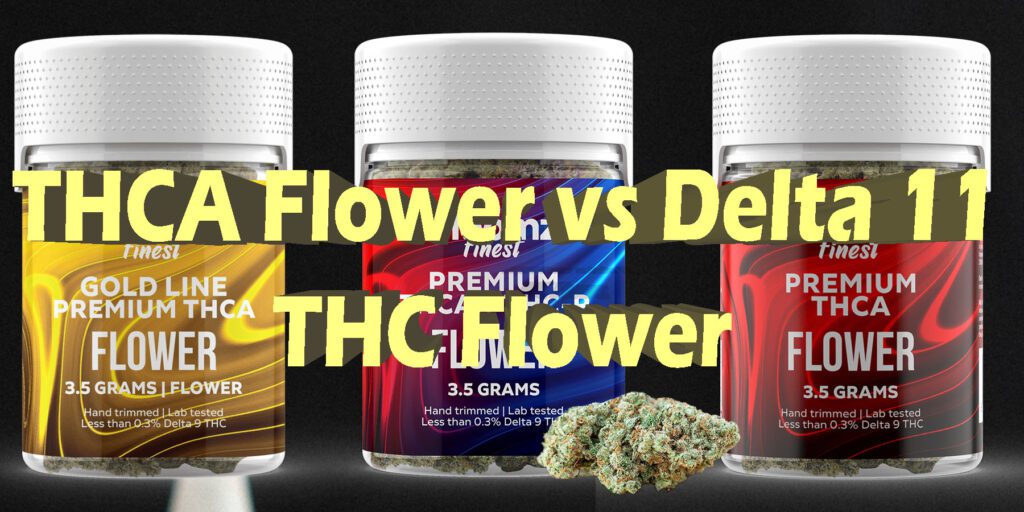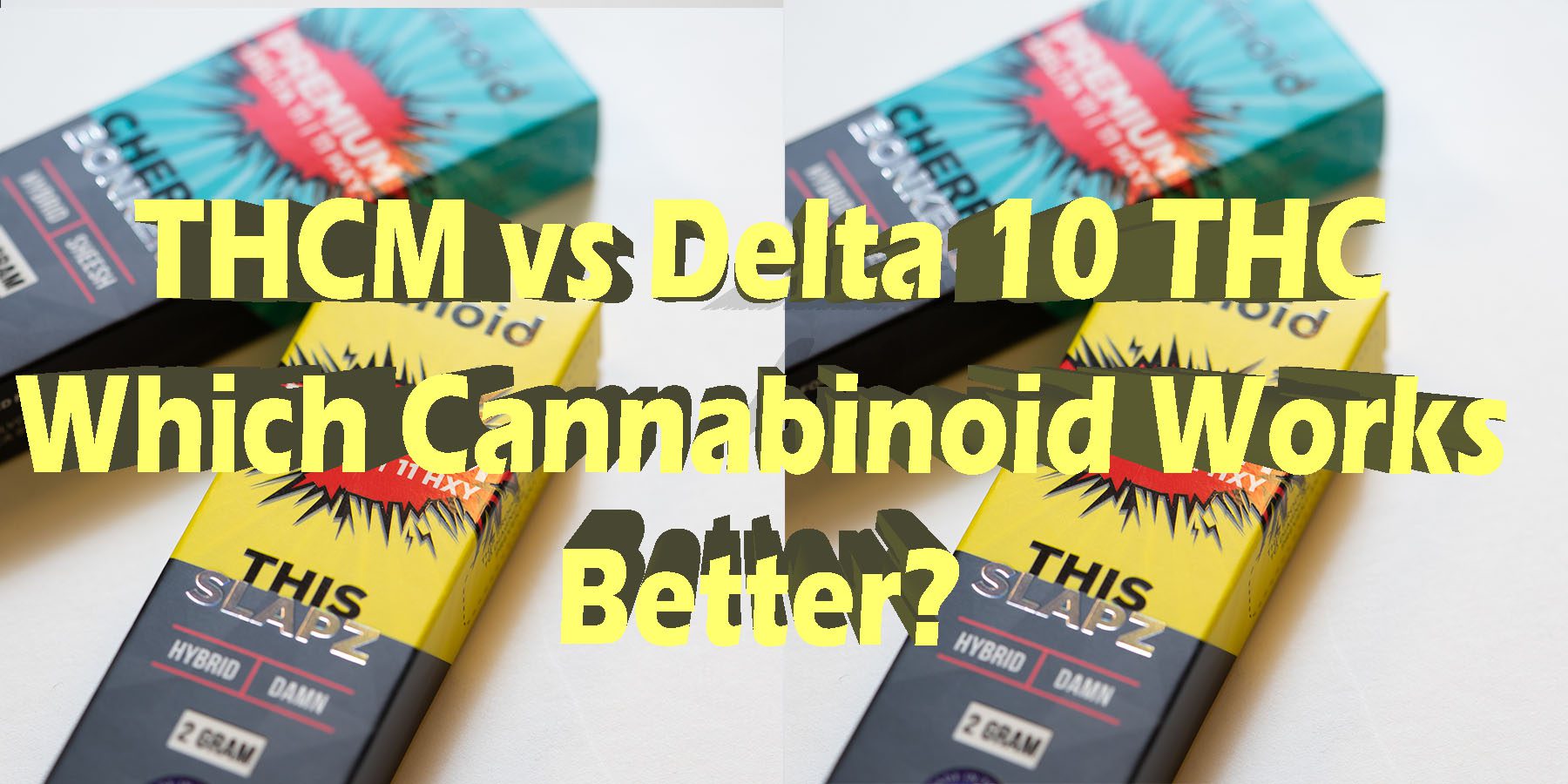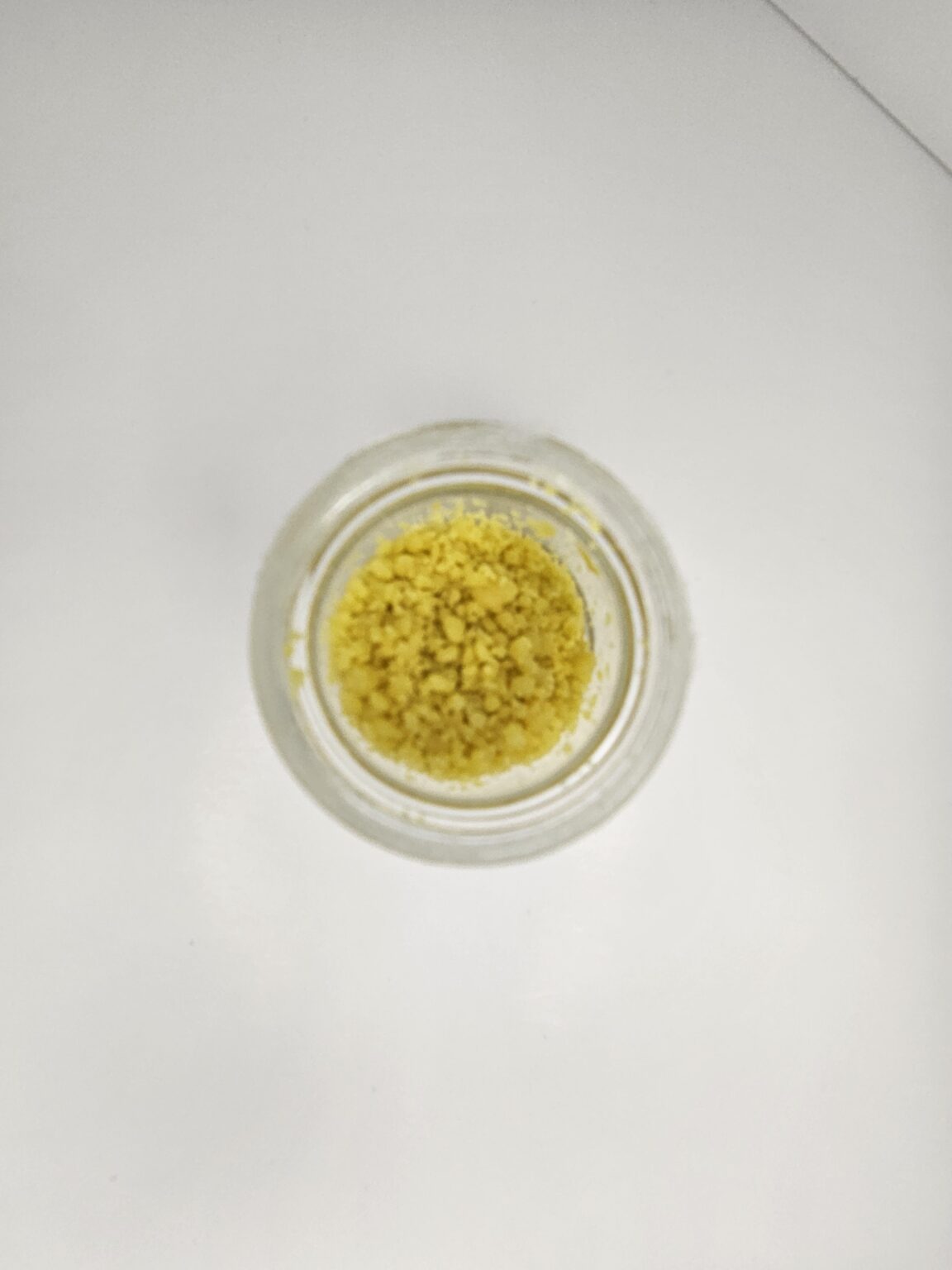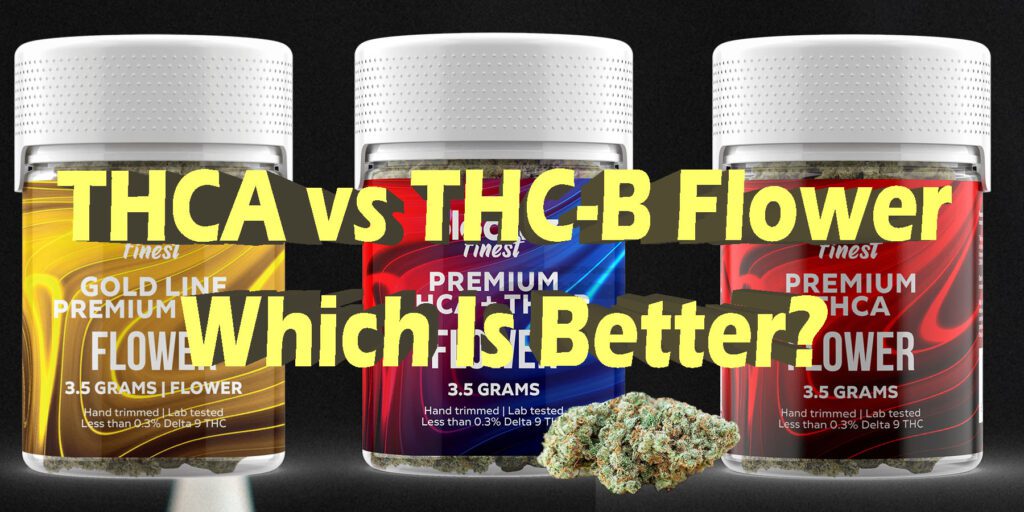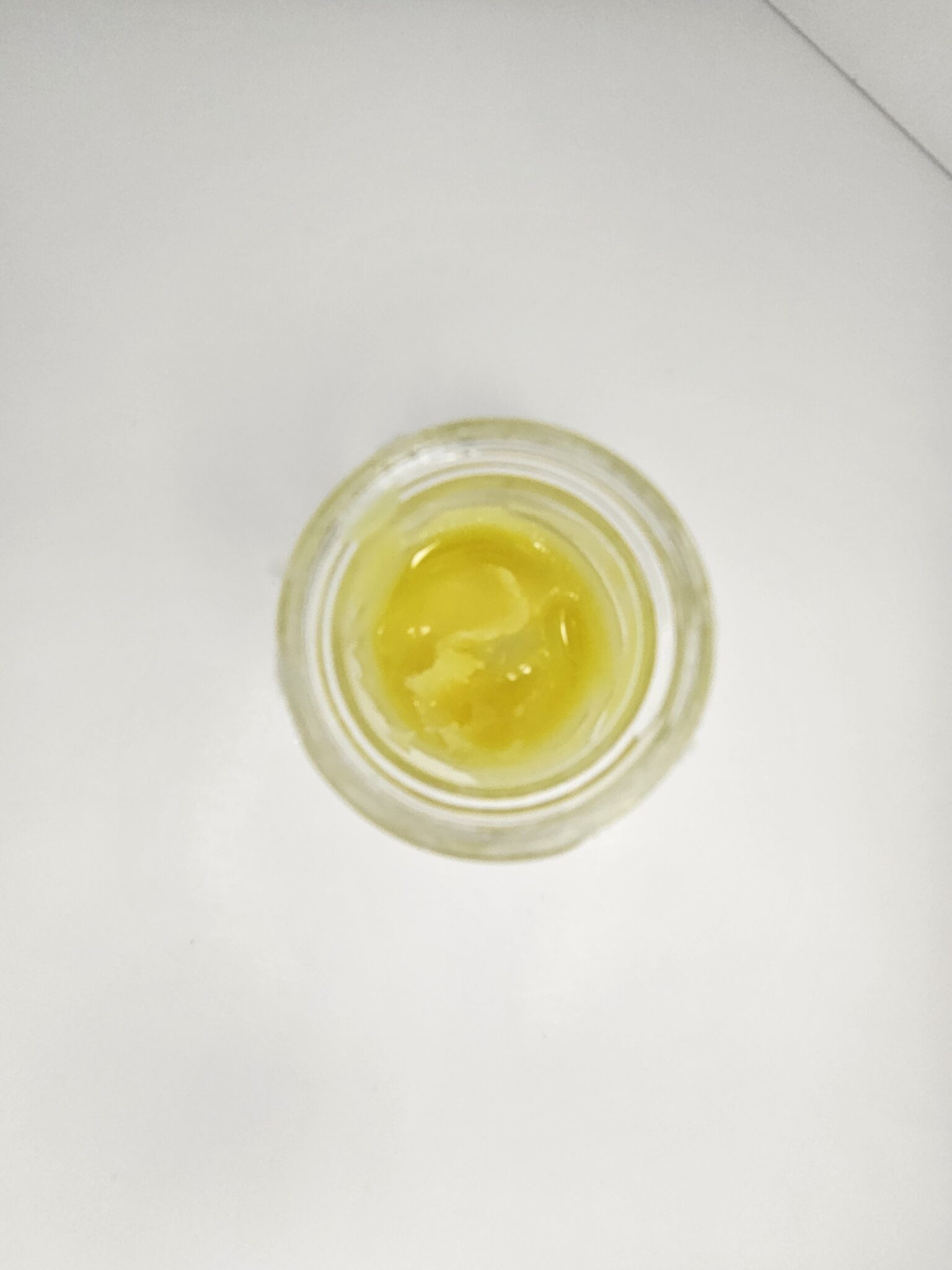Is Thca Better Than Delta 9

A fierce debate is raging across the cannabis landscape: Is THCA, the non-psychoactive precursor to Delta 9 THC, actually "better" than its more famous counterpart? Consumers and researchers alike are scrambling to understand the nuances of each compound, driven by potential legal loopholes and perceived health benefits.
This article cuts through the noise, delivering a factual breakdown of THCA versus Delta 9, answering the critical questions driving this urgent conversation.
The Core Difference: Psychoactivity
The defining difference between THCA and Delta 9 THC lies in their psychoactive properties.
Delta 9 THC is well-known for producing the "high" associated with cannabis use, directly interacting with the brain's CB1 receptors.
THCA, in its raw form, does not produce this effect. It's a non-psychoactive cannabinoid present in fresh cannabis plants.
The Transformation: Decarboxylation
THCA transforms into Delta 9 THC through a process called decarboxylation.
This process involves heat, such as when cannabis is smoked, vaporized, or baked, removing a carboxyl group from the THCA molecule and converting it into psychoactive Delta 9 THC.
Essentially, raw cannabis doesn't get you high; heating it does.
Legality: A Complex Patchwork
The legality of THCA is currently a gray area, varying significantly by location.
The 2018 Farm Bill federally legalized hemp, defined as cannabis containing less than 0.3% Delta 9 THC by dry weight.
Some argue that THCA, being a separate compound, falls outside this restriction as long as the final product (after potential decarboxylation) stays under the 0.3% Delta 9 THC limit. This interpretation is being challenged in several states, creating legal uncertainty.
Potential Benefits: Early Research
Research into the potential benefits of THCA is still in its early stages.
Preliminary studies suggest that THCA may possess anti-inflammatory, neuroprotective, and anti-emetic properties.
However, more rigorous, peer-reviewed research is needed to confirm these potential benefits and determine appropriate dosages and delivery methods. It's crucial to emphasize these studies are preliminary.
Delta 9 THC: Established Effects
Delta 9 THC has a much longer history of research and documented effects.
It is known for its psychoactive effects, including euphoria, altered perception, and relaxation. It is also used to treat conditions like chronic pain and nausea in some jurisdictions.
However, Delta 9 THC can also cause anxiety, paranoia, and impaired cognitive function in some individuals, especially at high doses.
Who is using THCA?
Early adopters are people sensitive to the psychoactive effects of Delta 9 THC who still seek potential therapeutic benefits.
Additionally, individuals in areas with strict cannabis laws are exploring THCA as a potentially legal alternative, navigating the legal ambiguity. This market is driven by consumer demand for accessible options.
The target consumer may be a novice, or someone who prefers not to be as high, or not high at all.
Where is THCA available?
THCA products are increasingly available online and in brick-and-mortar stores, particularly in states where cannabis laws are restrictive, but hemp-derived products are permitted.
Availability is often dependent on the interpretation of state and local regulations. Always verify the legality of THCA products in your jurisdiction before purchasing.
Availability of products could depend on the state. It is up to the user to verify local regulations.
When did THCA gain popularity?
The rise in THCA popularity is a relatively recent phenomenon, gaining significant traction in the past year as consumers and businesses seek ways to navigate the evolving legal landscape of cannabis.
The increased awareness has been fueled by online discussions and marketing efforts, as well as by the limited availability of legal Delta 9 THC in certain areas.
The increased awareness led to more people searching for products and information about THCA.
How is THCA being consumed?
THCA is being consumed in various forms, including raw flower, pre-rolls, concentrates, and edibles.
Consumers should be aware that these products, especially when heated, will convert THCA into Delta 9 THC, resulting in psychoactive effects. Understand your tolerance before consuming.
Dosage control is vital when consuming THCA to achieve desired results.
The Verdict: Not Necessarily "Better," Just Different
The question of whether THCA is "better" than Delta 9 THC is subjective and depends on individual needs and preferences.
Delta 9 THC is more researched and has established psychoactive effects, while THCA offers potential benefits without the "high."
The "best" choice depends entirely on the user's desired outcome and tolerance. *Always* consult with a healthcare professional before using any cannabis product.
Next Steps: Ongoing Scrutiny
Expect increased regulatory scrutiny of THCA products as lawmakers grapple with the legal ambiguities.
Further research into the potential benefits and risks of THCA is essential. Consumers should stay informed about changing regulations and be aware of the potential for mislabeling or inaccurate potency claims.
Continue to follow developments in cannabis research and legislation for the latest updates.

